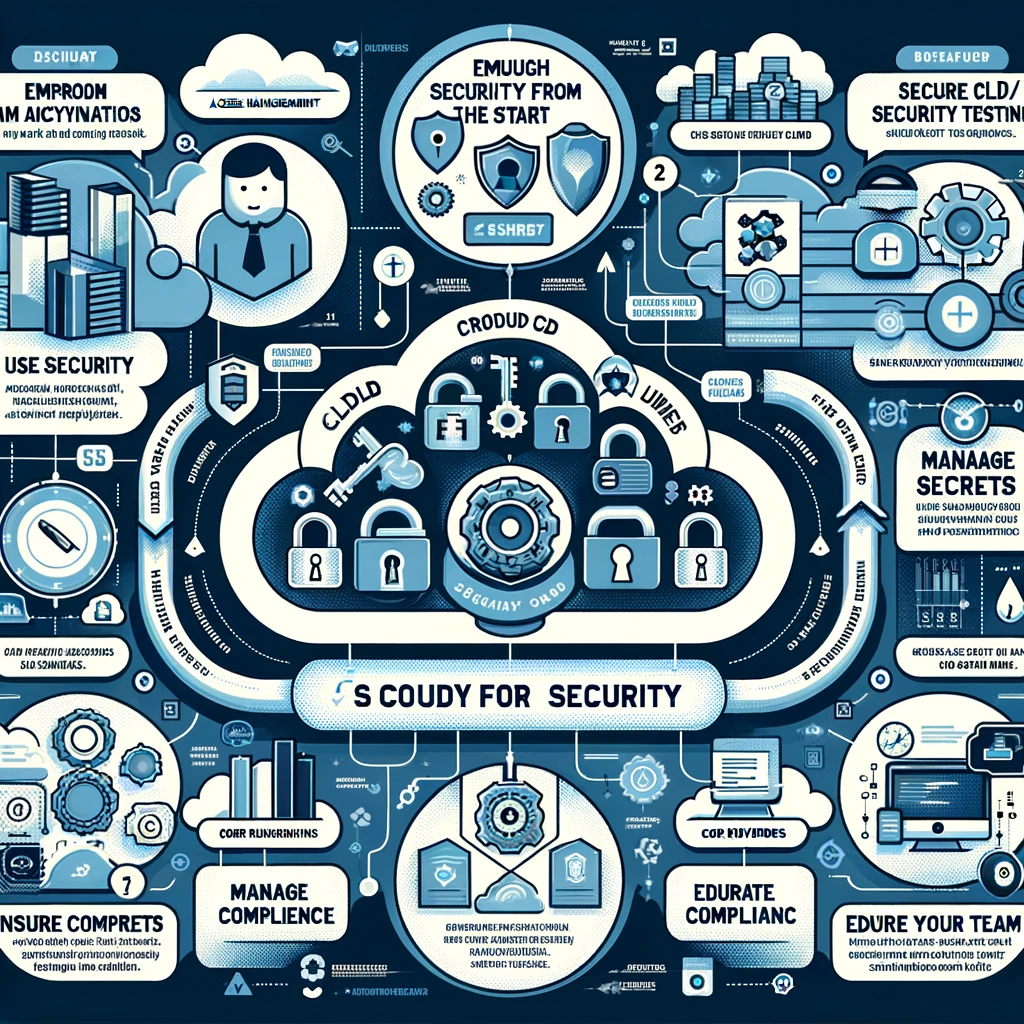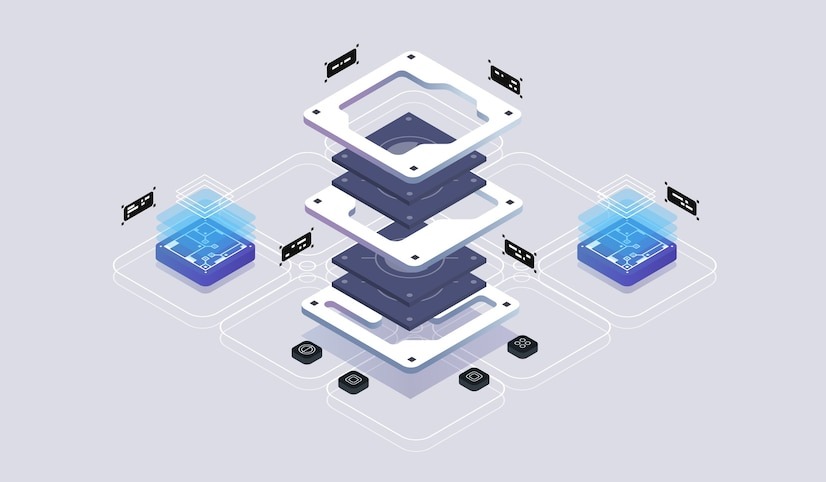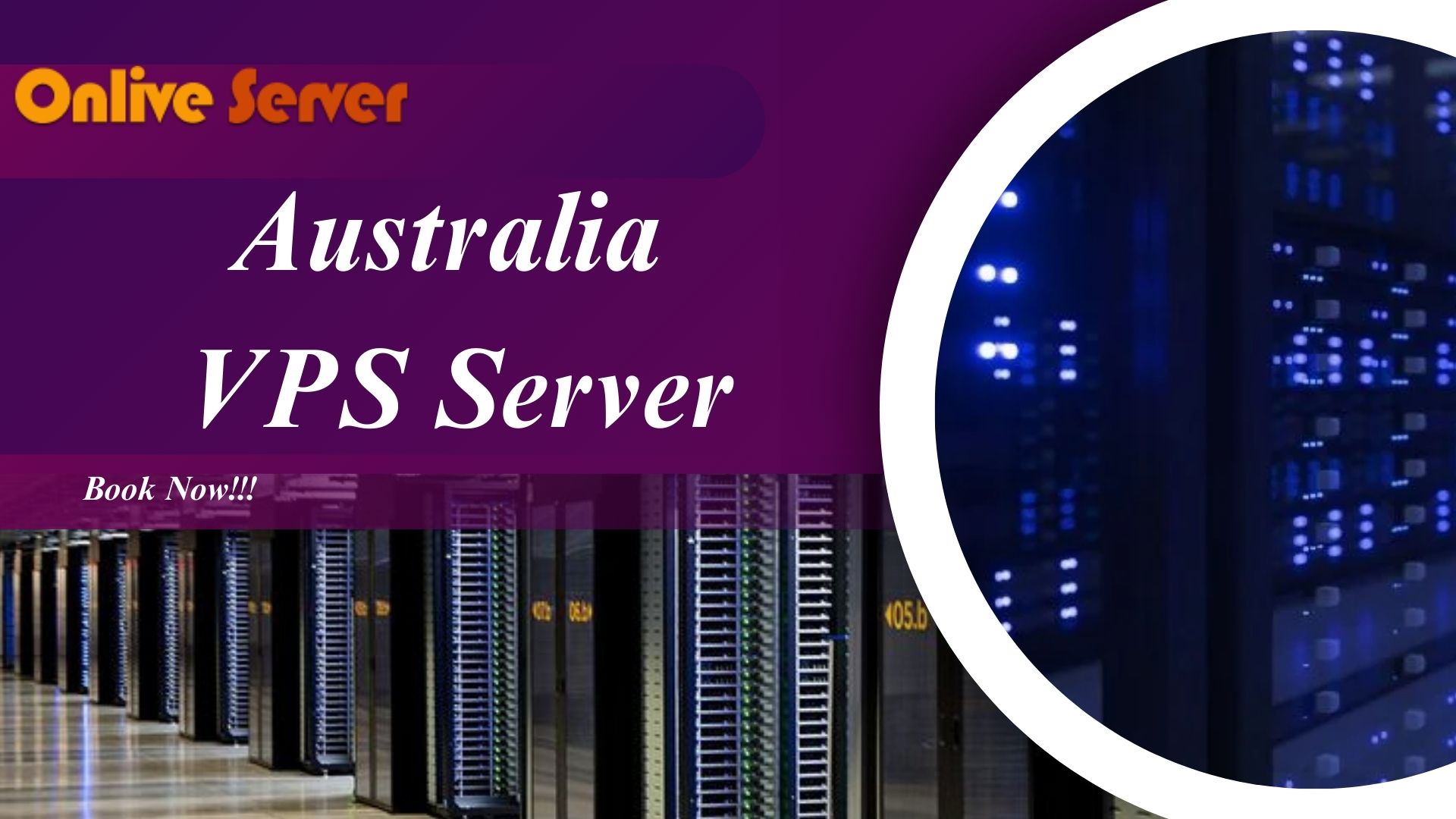In today’s digital age, the integration of Cloud and DevOps methodologies is critical for enhancing operational efficiencies and deploying high-quality software products quickly. However, as businesses like Kryoverse Innovations leverage these technologies, ensuring robust security becomes paramount. Below is a detailed guide on best practices for maintaining security in Cloud and DevOps environments.
Best Practices for Security in Cloud & DevOps Environments
Introduction
As businesses increasingly adopt cloud computing and DevOps practices, the need for comprehensive security strategies becomes essential. Kryoverse Innovations, known for its cutting-edge solutions in SaaS and web development, understands the importance of securing its cloud and DevOps pipelines to protect data, maintain privacy, and comply with regulatory standards.
1. Emphasize Security from the Start
Security by Design: Integrate security at every stage of the application development lifecycle. For companies like Kryoverse Innovations, this means implementing security protocols from the initial design through development, deployment, and maintenance.
DevSecOps Integration: Adapt the DevOps model to include security as a core component, not as an afterthought. Automate security controls and testing within the CI/CD pipeline to detect and mitigate vulnerabilities early.
2. Use Identity and Access Management (IAM) Systems
Principle of Least Privilege (PoLP): Ensure that all personnel and systems have only the access necessary to perform their roles. Regularly review and adjust permissions to avoid privilege creep.
Multi-Factor Authentication (MFA): Enhance security by requiring multiple forms of verification from users accessing sensitive resources. MFA is crucial for protecting against identity theft and unauthorized access.
3. Secure Your CI/CD Pipeline
Automated Security Testing: Include static and dynamic security testing tools in the pipeline to automatically scan and identify security flaws before they reach production.
Code Review and Management: Implement strict code review practices to ensure that only secure, vetted code is deployed. Utilize tools for automatic detection of security issues in code commits.
4. Manage Secrets and Configuration
Encryption of Secrets: Encrypt sensitive data such as passwords, tokens, and keys. Use managed services like AWS Secrets Manager or HashiCorp Vault to handle encryption and secret rotation.
Configuration Management: Automate configuration management to ensure that all environments, from development to production, are configured securely and consistently. This prevents misconfigurations that could lead to security vulnerabilities.
5. Ensure Compliance and Regular Audits
Compliance with Standards: Adhere to industry standards and regulations such as GDPR, HIPAA, and PCI-DSS. For a company like Kryoverse Innovations, compliance demonstrates a commitment to security and builds trust with clients.
Continuous Monitoring and Auditing: Implement monitoring tools to continuously scan and report on the security posture of cloud resources and applications. Regular audits help identify and rectify security gaps in an ongoing basis.
6. Leverage Cloud-Native Security Features
Use Built-in Security Tools: Cloud providers offer a variety of security tools that are optimized for their environments. Utilize these tools to enhance the security of your applications and infrastructure.
Isolation Strategies: Use cloud services that isolate resources such as containers and serverless functions to minimize the blast radius in case of a security breach.
7. Educate and Train Your Team
Security Awareness Training: Conduct regular security training sessions for all employees, especially those involved in development and operations. This ensures that the team is aware of the latest security threats and best practices.
Security Champions: Establish a culture of security by appointing security champions within teams. These individuals can spearhead security initiatives and serve as go-to resources for other team members.
Conclusion
Securing Cloud and DevOps environments is a multifaceted challenge that requires a proactive and integrated approach. By adopting these best practices, Kryoverse Innovations can ensure that its applications are secure, resilient, and trustworthy. Security in these environments is not just about deploying the right tools but also about adopting a security-first mindset and culture that permeates every aspect of the development lifecycle.




